WHAT I’VE LEARNED | Olivier Humbrecht MW, Zind Humbrecht
Olivier Humbrecht is the tenth generation of his family to be a winegrower, today running Domaine Zind-Humbrecht, whose modern story began in 1959 when the Zind and Humbrecht family vineyards merged. The estate covers 42 hectares, spread across a variety of Alsace terroirs, with a focus on grand-cru and single-vineyard sites via biodynamic viticulture
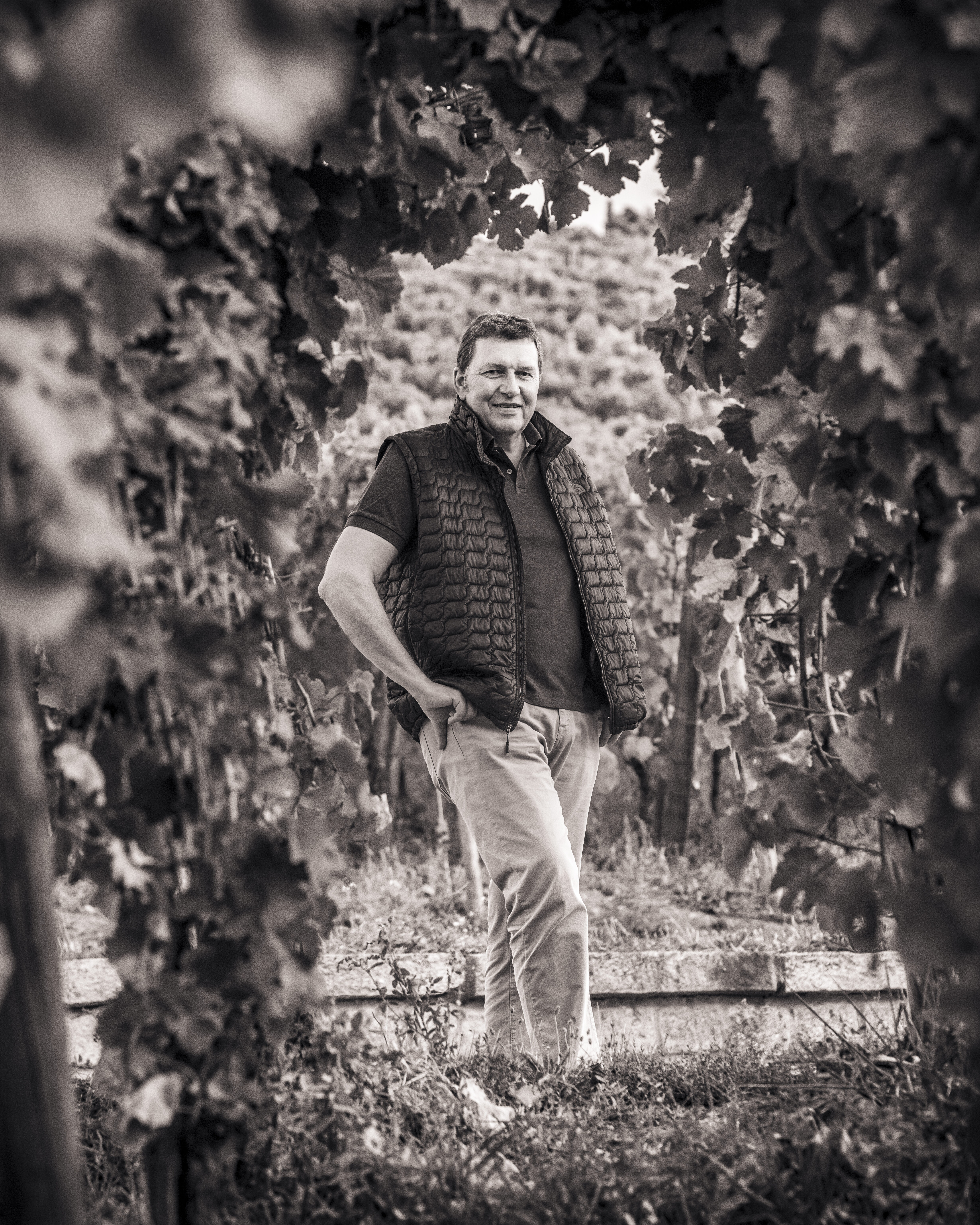
‘Being from a family of winegrowers, agriculture and viticulture becomes part of you, and you can’t go any other way. It’s something that’s in you – an attachment to the land where you’re from that’s very difficult to explain.’
‘In 1988, I moved to London to do my military service, which was compulsory at the time. You could either do 12 months in the army in France, or 18 months in a government-owned company outside of France. Having done the three-week training course for the army, I knew carrying a gun wasn’t for me, so I was delighted to find a position with the French wine marketing body Sopexa, based on Piccadilly.’
‘At the same time, the MW Institute was opening the course to non-UK nationals for the first time, so I thought, “Why not?”. There were just two non-English people on the course – me and Michael Hill-Smith [co-founder of Australian winery Shaw + Smith]. So we were teased – me particularly, for only knowing about French wines. But he passed in the first year and I passed in the second year. At 26, I was France’s first Master of Wine.’
‘I learned about organics and biodynamics by studying shit. When you buy compost, it is dried out to save on weight – but drying it out kills all the microorganisms that you want to bring to the soil. So we decided to make our own, and I was looking for the best manure. I noticed that the manure we bought from farms where the animals were kept inside was less good, because the animals had a lot of disease issues, so were fed a lot of antibiotics, which kills the bacteria. We looked for farms where the animals grazed on grass and hay, up in the mountains, and the compost from their manure was really good.’
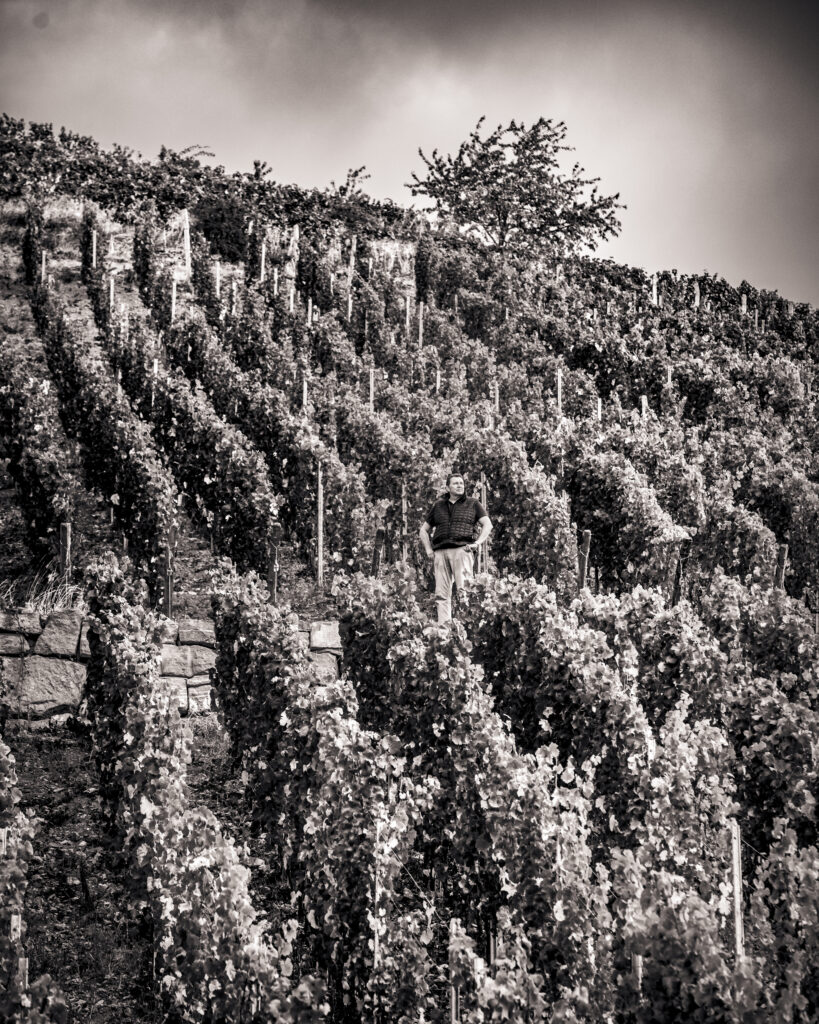

‘One farmer in particular was very, very proud when I told him his manure allowed me to make my best compost. He smiled, and told me he had added some biodynamic “500” mixture to it. Since his manure was so much better than the conventional version, I began to make my compost using biodynamics too. The difference was so noticeable – to the eye, the smell, in every way. It had a million times more micro-organisms per weight.’
‘Around the same time, I was talking to some biodynamic growers – Anne-Claude Leflaive, Lalou Bize-Leroy, Marc Kreydenweiss, Michel Chapoutier – and blind-tasting wines, organic vs biodynamic. I always preferred the biodynamic wine. So after I made that better compost, I said, “Let’s go further. Let’s adopt biodynamic protocol in the vineyard.” We started in 1996 with a tiny little vineyard – five hectares – and that convinced me. We did more in ‘97, and then converted the entire estate in 1998.’
‘I think Alsace Riesling should have the same reputation as Burgundy Chardonnay. When you compare such wines to really top Rieslings from Alsace, frankly I don’t understand why people would spend hundreds of pounds, when for similar quality wine in Alsace you’d pay £60, £80, £100 maximum. I guess it’s rarity, the name, the label. And understanding the label. Alsace is more complex, with more grape varieties, more soils, different sweetness levels, and the names are more difficult to understand. Plus the shape of the bottle doesn’t help, being associated with wines that are sweet.’
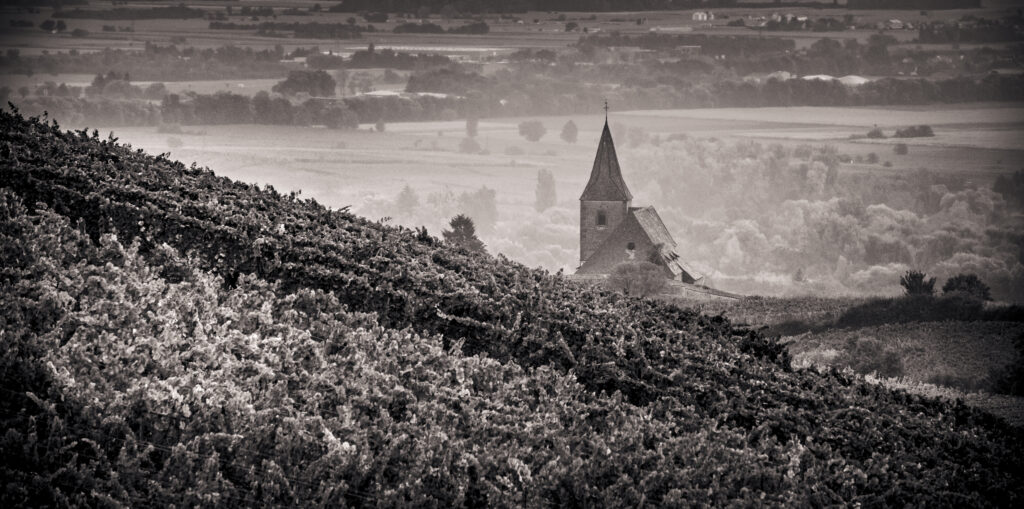

‘Sweet wines started going out of fashion around 25 years ago, but now it’s worse than ever. Today, we make roughly 30 different wines. Only two have some sweetness. And even those, we’re talking a residual sugar level of between 7-30 grams per litre. Thirty years ago, the sweetest wine would be 200-300 grams, and we would have different late-harvest wines with 30, 40, 50 and 60 g/l. Back then, sweet wines would have made up over 50% of our production; today, it’s maybe 3%.’
‘People just don’t want to drink sweet wines anymore. I don’t think it’s just a fashion. It’s much deeper than that. I see a lot of people not ordering dessert in restaurants, and limiting the quantity of what they drink. Once you’ve had an aperitif, your white wine, your red wine, when it comes to having a sweet wine at the end of the meal, it’s too late.’
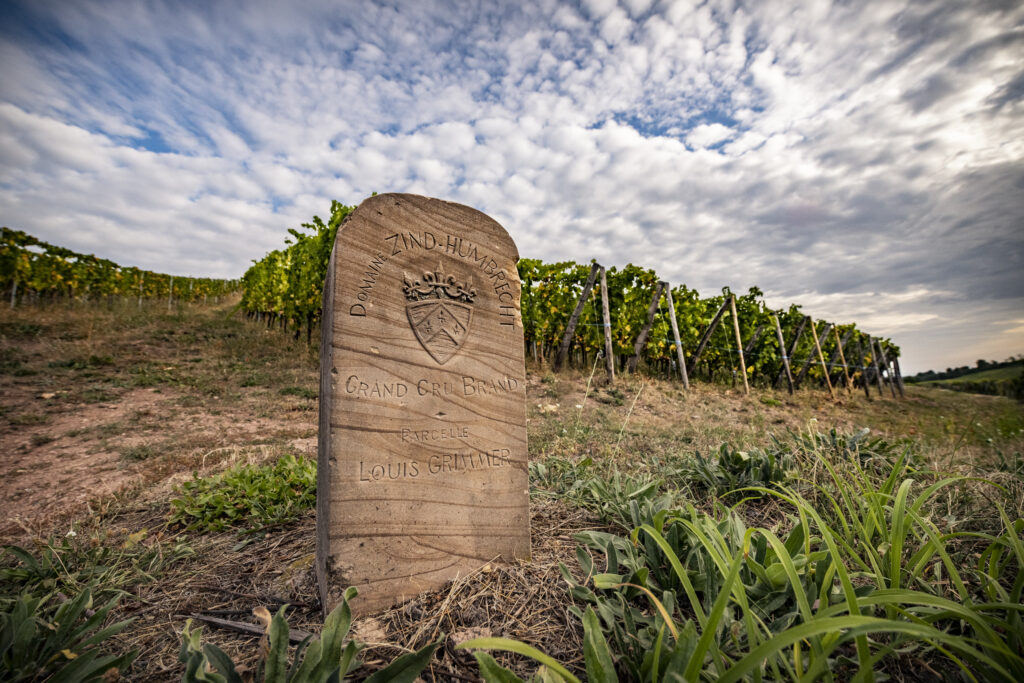

‘The climate has changed too, which makes producing wine from noble rot much more difficult. The average temperature in Alsace is going up by 0.6˚C every ten years, but in the last six weeks before harvest, it’s been more like 1.6˚C. That’s crazy. And it makes noble rot more difficult, because rot comes earlier, in September, when the fruit flies are still around. Fruit flies carry acetyl bacteria, which transforms sugar into vinegar. So the flies go into the grape, and the botrytis becomes acid, which is a disaster. When botrytis happens in late October or November, it’s cold, and the fruit flies are gone. I haven’t made any late harvest wines since 2018, and the last really good vintage was 2010.’
‘It’s true that the Alsatian classification was created with a bit too much generosity in mind for each region. An entire hill was named grand cru, when perhaps just a part of it should have been. But it’s the same elsewhere. Take Hermitage. Is every part of Hermitage equally great?’
‘A large proportion of French people still only know the wine from their area. The internet and social media have made it easier to discover other wines, but if I were to go into the street and ask a local guy who doesn’t travel much, what kind of wine they make in this or that part of France, he probably wouldn’t know. And if you asked him about the wines of South Africa or Australia, no chance.’
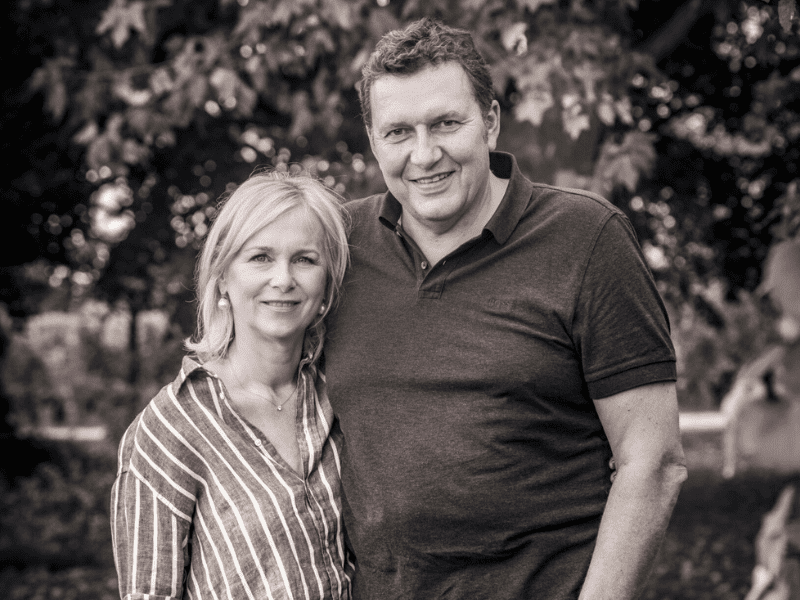

‘In countries like the UK, people think if a vintage is good in Bordeaux, it’s good everywhere in France. But for me, Bordeaux is irrelevant. I’m closer to Barolo than to Bordeaux.’
‘My wife is Scottish, and her parents moved to Australia in the ‘70s and ended up in McLaren Vale. So 30 years ago, I went there for the first time, and we ended up at a barbecue. Being French, of course, I was a little bit challenged by all the Australians, and some of them really annoyed me. So when one of them asked me, “What do French people think about Australian wines?” I said, “Do you know what? I don’t think they even know you make wine.” And he looked at me like… Today French people know, but it is still very difficult to find any.’
‘I met my wife on the no19 bus from Chelsea to Piccadilly. Both of us were renting rooms on the Kings Road, so we got the same bus each day. One day she waved at me in a very demonstrative way, and I said, “Sorry, do I know you?” And she said, “No, but I have said hello to you two or three times now, and you have ignored me.” I probably had my head in a newspaper or something, not paying attention, but the fact I hadn’t replied had annoyed her. We went for a couple of drinks in a great local pub called The Front Page but our first real date came when she invited me to a friend’s party. Unfortunately, I’d already booked into a tasting on the same evening, as part of my MW studies. Jasper Morris MW was comparing vintages – from 1985 to 1980 – of Opus One and Mouton Rothschild, and I didn’t want to miss it. Plus it was expensive. But I bought a ticket for her too, and we went there first. She didn’t understand any of it, but she appreciated it – and it proved to be a good investment.’
Olivier Humbrecht will be hosting a tasting of the Zind-Humbrecht wines, including some older vintages, at the London Club on Monday 9th June. Details will follow shortly
Not a 67 Pall Mall Member? Sign up to receive a monthly selection of articles from The Back Label by filling out your details below
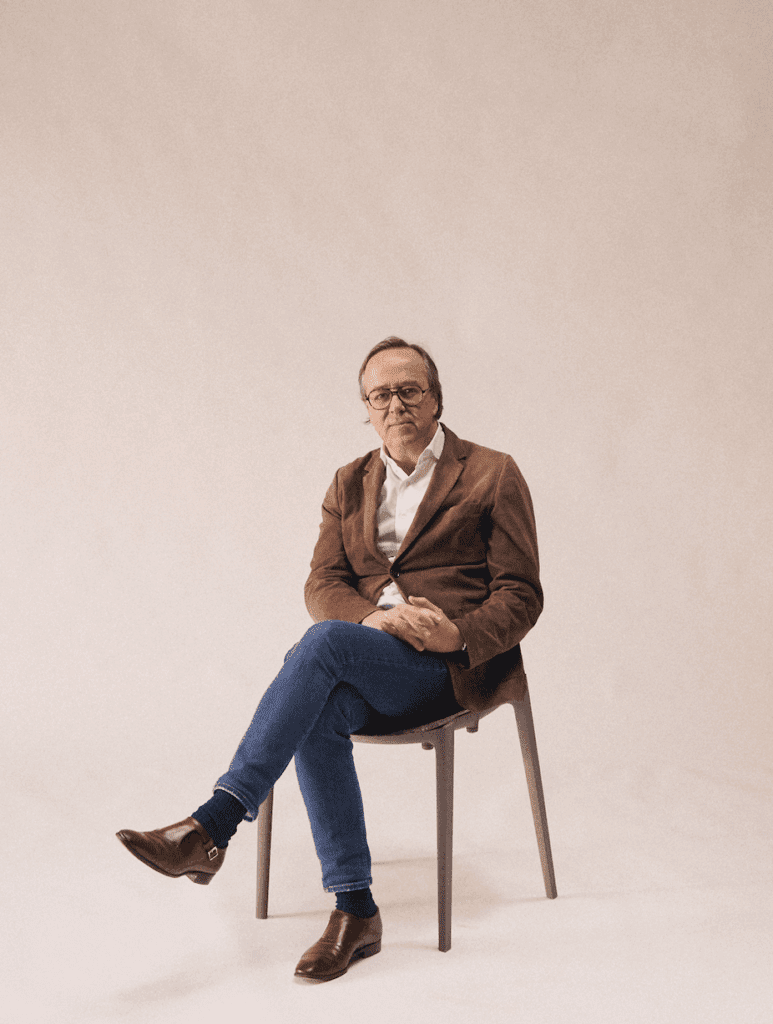

TWO
MINUTES
WITH
Frédéric Rouzaud, Louis Roederer
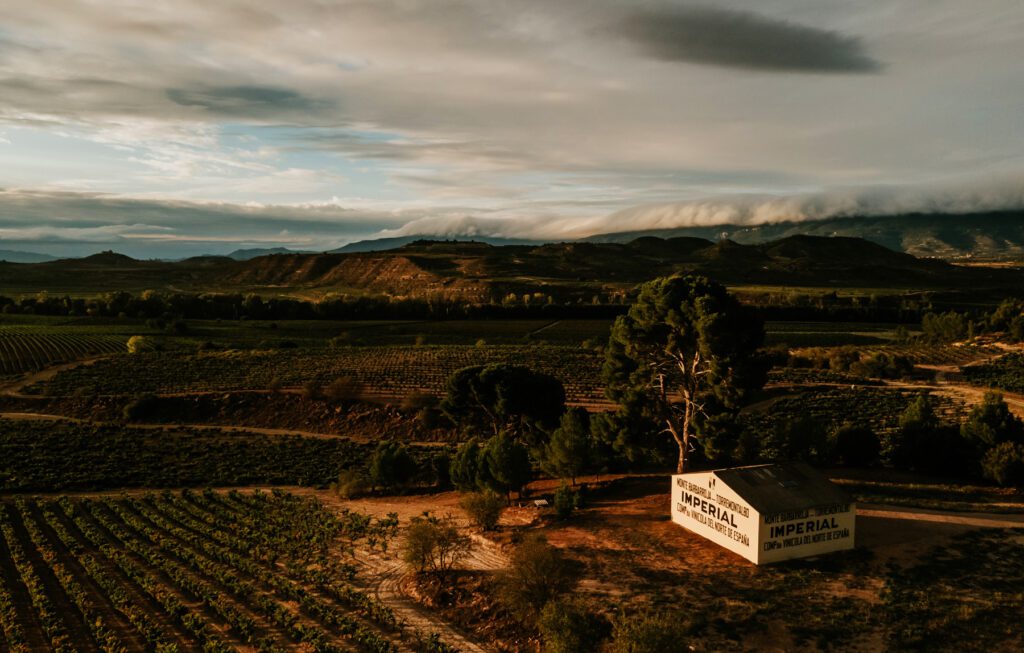

UNDER
THE
SURFACE
Transcending Rioja’s identity crisis
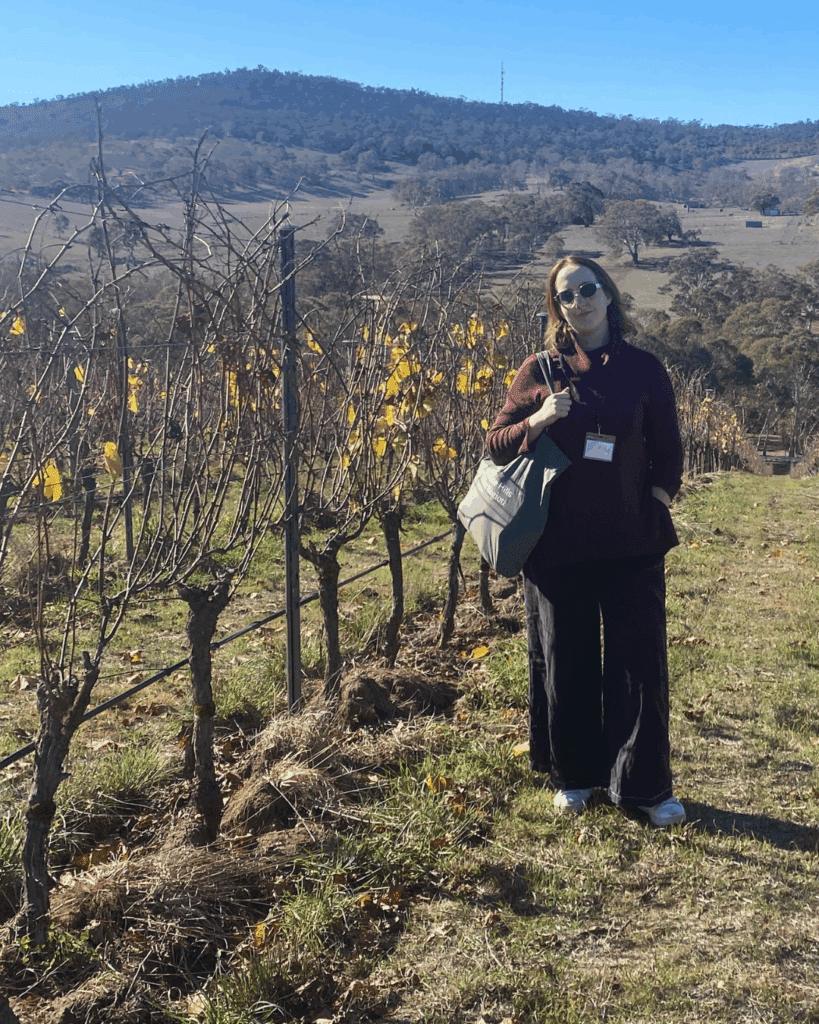

ON
THE
ROAD
Christina Kaigg-Hoxley in the Adelaide Hills
